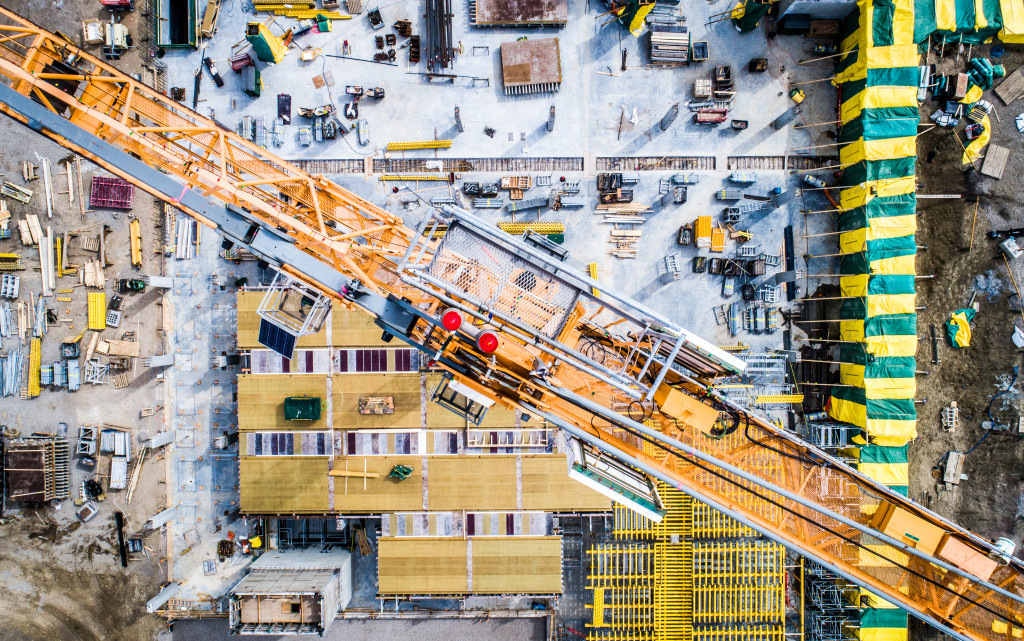There are many benefits to opening a restaurant in the city. Perhaps the most obvious benefit is the sheer number of available potential customers. In a city, millions of people could become your customers. This means that your restaurant has the potential to be very successful if you can capture even a small percentage of this population.
But before you set up the restaurant, you should consider the following things.
Location of the restaurant.
When opening a restaurant, location is among the most important decisions. You want to choose a spot that is accessible and visible to your target audience. You’ll have more traffic and potential customers if your restaurant is in a busy area. However, you may not get as much foot traffic if it’s located in a quiet part of town. Consider the type of restaurant you’re opening and who your target customers are when deciding on a location.
Another essential factor to consider is the cost of the rent. If you’re on a tight budget, you may want to choose a smaller space or look for a location that isn’t in a prime spot. However, remember that the rent will likely be one of your biggest expenses, so you don’t want to skimp too much.
When it comes to the water supply, you should also consider getting a commercial water softener system if your water supply comes from groundwater. This is particularly true if you are located in an area with a considerable concentration of minerals in the water. Hard water will reduce the lifespan of your equipment and cause limescale buildup, which can be challenging to remove. But getting the necessary equipment will help extend the life of your equipment and keep your restaurant running smoothly.
Before signing a lease, tour the space and picture how your restaurant will fit. It’s also a good idea to talk to the landlord about any renovations or changes you’d like to make to the space. That way, you can be sure that it’s possible and that you’re not getting into a lease for a space that won’t work for your needs.
Zoning regulations.
Another factor to consider when choosing a location for your restaurant is the zoning regulations in the area. Different types of businesses are allowed in different types of zoning areas. For example, restaurants are typically allowed in commercial and industrial areas but not residential ones.
Before choosing a location, be sure to research the zoning regulations for that area. That way, you can be sure that your restaurant is allowed in the area and that you won’t have any problems down the road.

Competition in the area.
There are many restaurants in most cities, so it’s important to find a niche and make your restaurant stand out. You may need to offer something different or have a unique concept to attract customers. You’ll also need to price your food competitively and provide excellent service to keep people coming back.
So, you should conduct a competitive analysis to understand the landscape before finalizing a location. This will help you determine what other restaurants are in the area and how they’re doing. It will also give you an idea of what customers are looking for and how to make your restaurant stand out from the competition.
While conducting the competitive analysis, you should look at the menu of the other restaurants, their prices, and what type of atmosphere they have. This will give you an idea of what you need to do to make your restaurant unique.
You can also learn a lot by talking to people in the area. Ask them where they like to eat and why. This feedback can be extremely helpful as you make decisions about your restaurant.
Type of Cuisine
You will also have to decide on the type of cuisine to serve in the restaurant. Different cuisines will appeal to different people, so it’s important to choose one with broad appeal. You will have to spend more time and money on marketing to attract customers if your restaurant specializes in a type of cuisine that most people aren’t familiar with.
Deciding on the type of cuisine is just the first step in determining the menu. You will also need to decide how extensive the menu will be. A smaller menu may be easier to manage, but it could limit your appeal to potential customers. Conversely, a larger menu may be more difficult to manage. But it could give you a wider range of customers to attract.
To make your restaurant successful, you’ll need to consider various factors such as the water supply, zoning regulations, and competition in the area. You’ll also need to decide on the type of cuisine to serve and how extensive the menu will be. By researching and planning, you can set up your restaurant for success.





